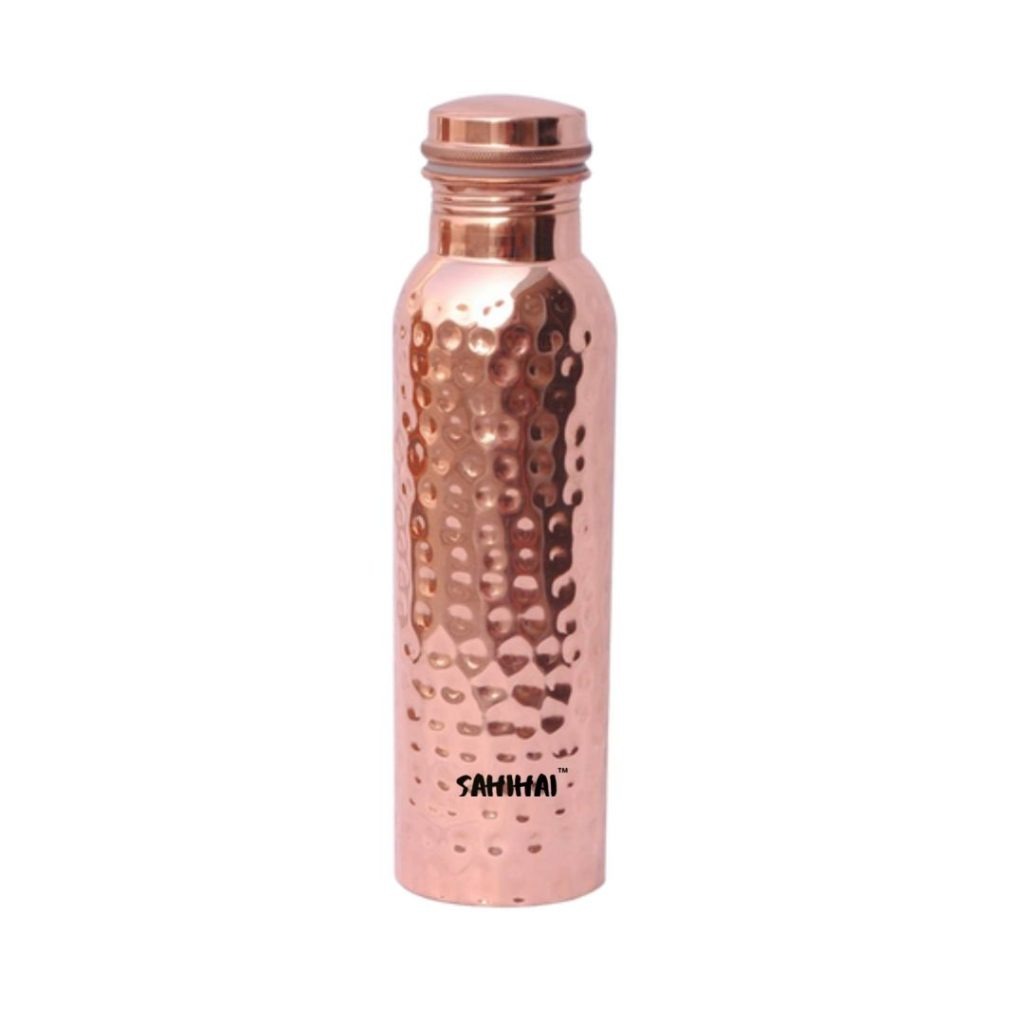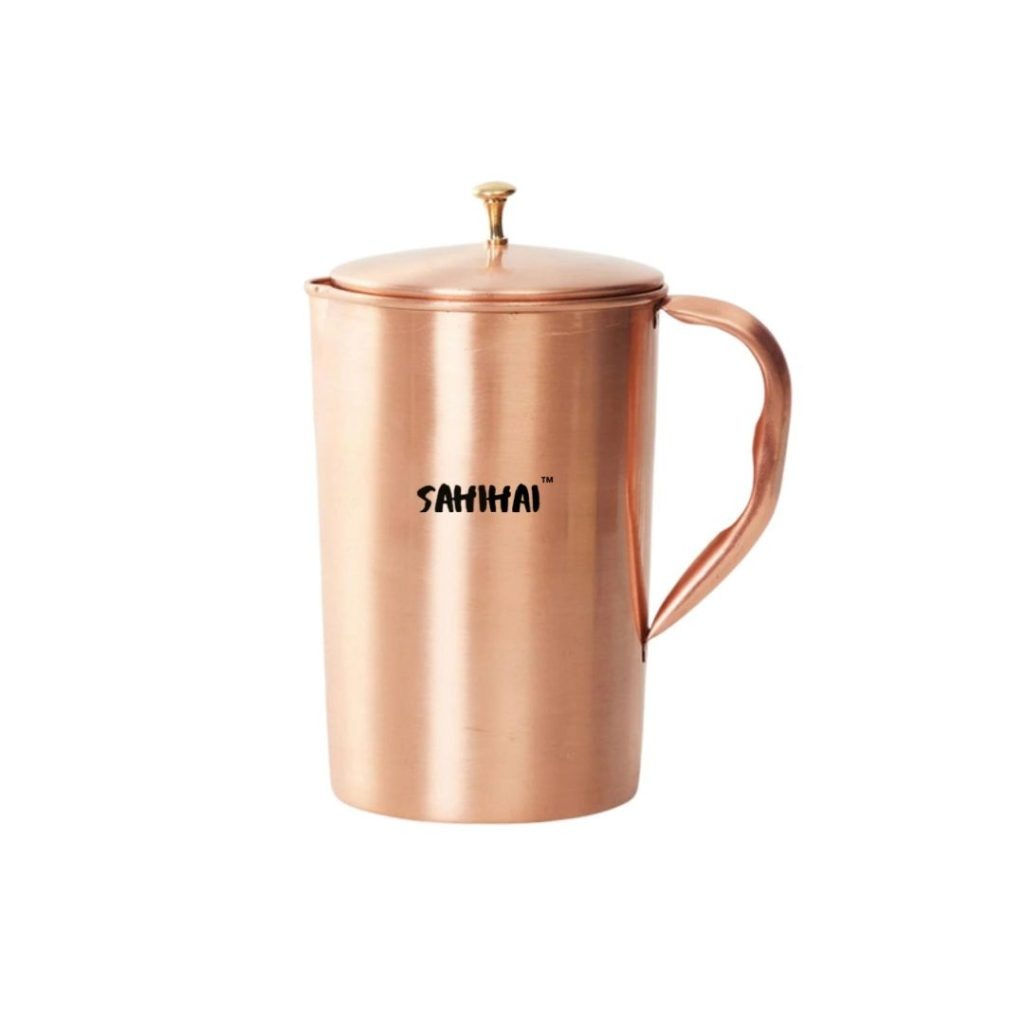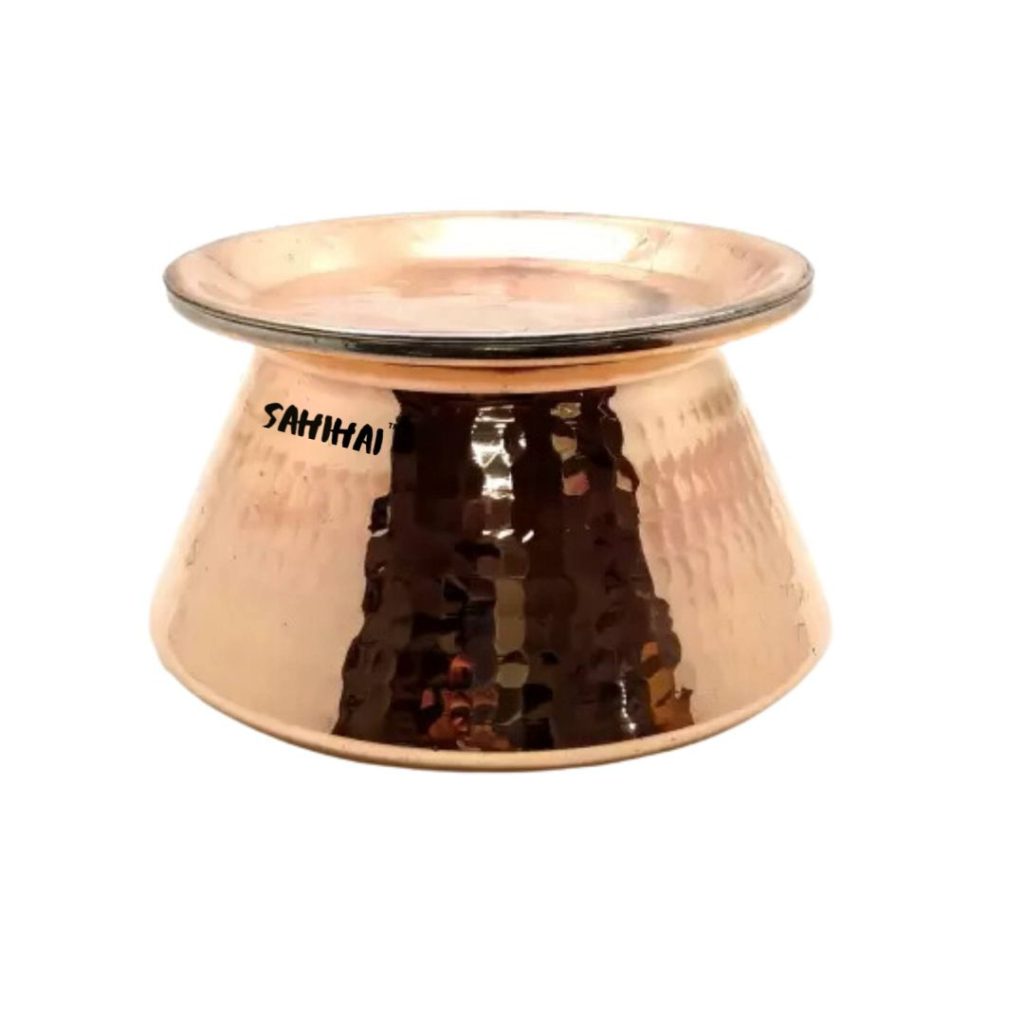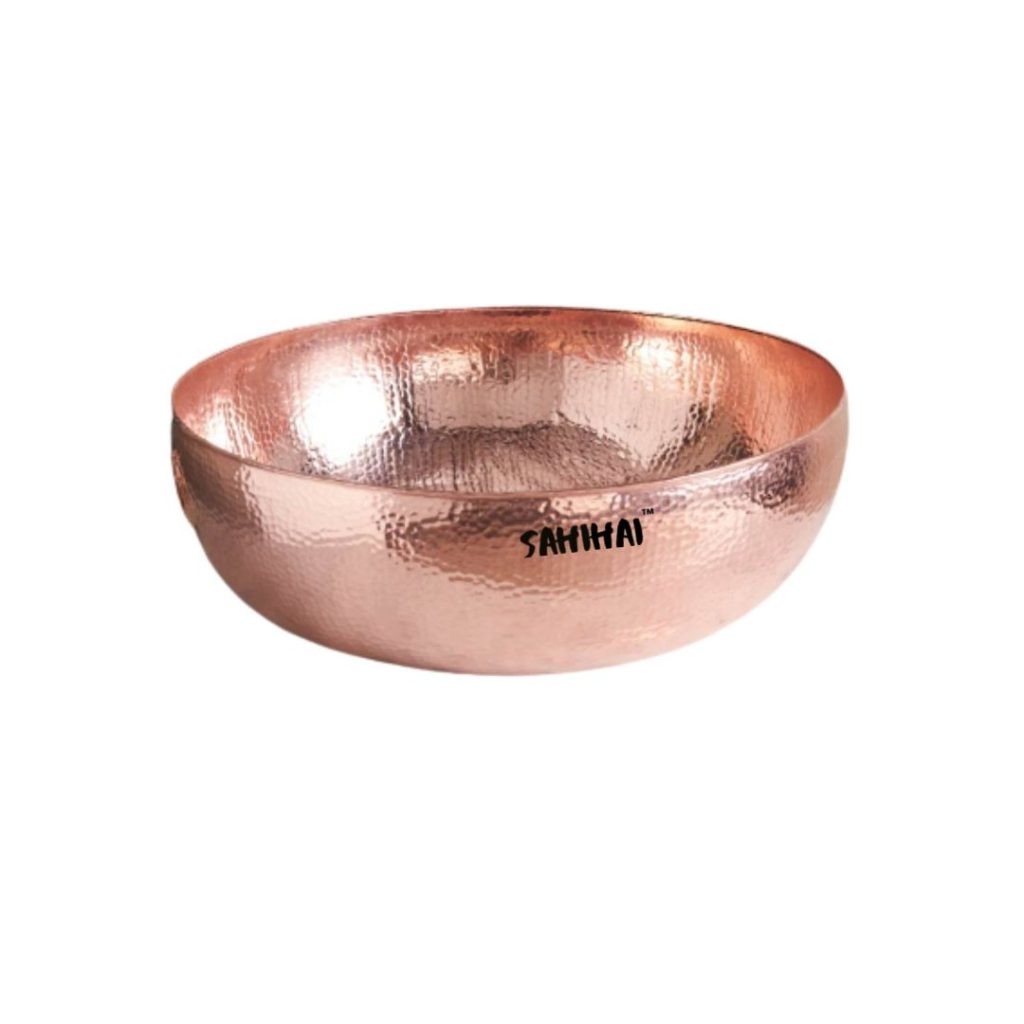Yes, there are potential risks and side effects associated with prolonged use of copper bottles for drinking water. While copper has natural antimicrobial properties and has been used for centuries in various cultures, it’s important to be aware of certain considerations to ensure safety and well-being. Here are some potential risks:
Copper Intake:
Prolonged use of copper bottles may lead to increased copper intake. While copper is an essential trace element for the body, excessive intake can cause health issues such as nausea, vomiting, and gastrointestinal discomfort.
Risk of Copper Leaching:
If a copper bottle is not properly maintained, there is a risk of copper leaching into the water, especially if the water is stored for extended periods. This can result in elevated copper levels in the water and potential health concerns.
Individual Sensitivity:
Some individuals may be more sensitive to the taste of water stored in copper, finding it unpalatable. This can be subjective, and personal preferences should be considered.
Acidic Reaction:
Copper can react with acidic substances, potentially leading to a metallic taste in the water. It’s advisable to avoid storing acidic beverages for extended periods in copper bottles.
Copper Allergies or Sensitivities:
Individuals with known copper allergies or sensitivities should exercise caution when using copper bottles. Skin reactions or other allergic responses could occur upon contact.
Wilson’s Disease:
Individuals with Wilson’s disease, a genetic disorder that causes copper to accumulate in the body, should avoid using copper vessels for storing water. Excessive copper intake can worsen the condition.
Precautions and Recommendations:
Moderation is Key:
Avoid prolonged storage of water in a copper bottle. Use it for short durations and be mindful of daily usage to prevent excessive copper intake.
Regular Cleaning:
Clean the copper bottle regularly to prevent mineral deposits and reduce the risk of copper leaching. Follow the manufacturer’s cleaning recommendations.
Consult Healthcare Professionals:
If you have specific health conditions or concerns, especially related to copper sensitivity or Wilson’s disease, consult with healthcare professionals before using copper vessels.
Rotate Usage:
If you use a copper bottle regularly, consider rotating its usage with other non-copper containers to minimize potential risks.
While copper bottles can offer certain benefits, it’s crucial to use them mindfully and be aware of individual health considerations. If you experience any adverse effects, discontinue use and seek guidance from healthcare professionals. Always prioritize your health and well-being when incorporating new elements into your daily routine.




